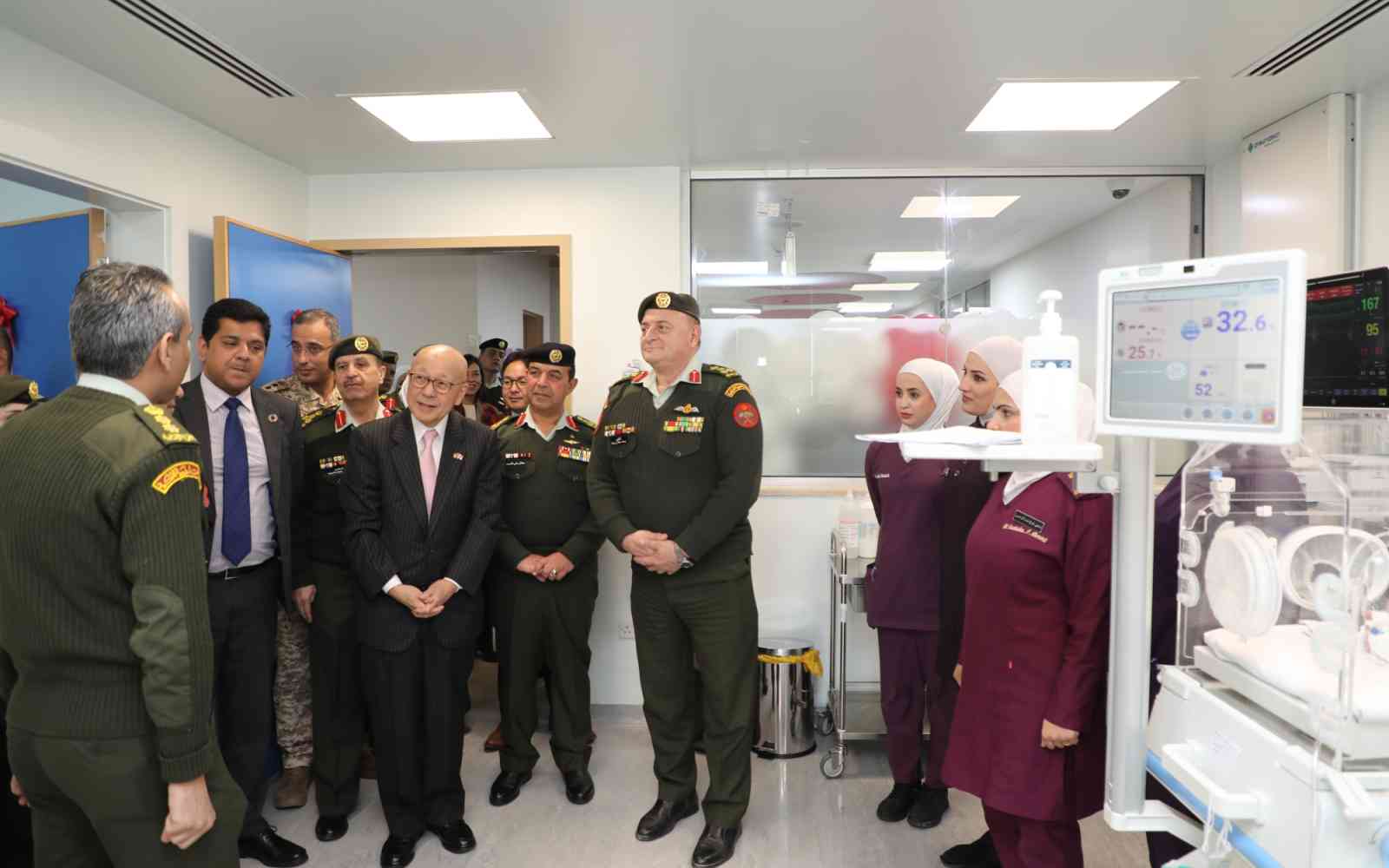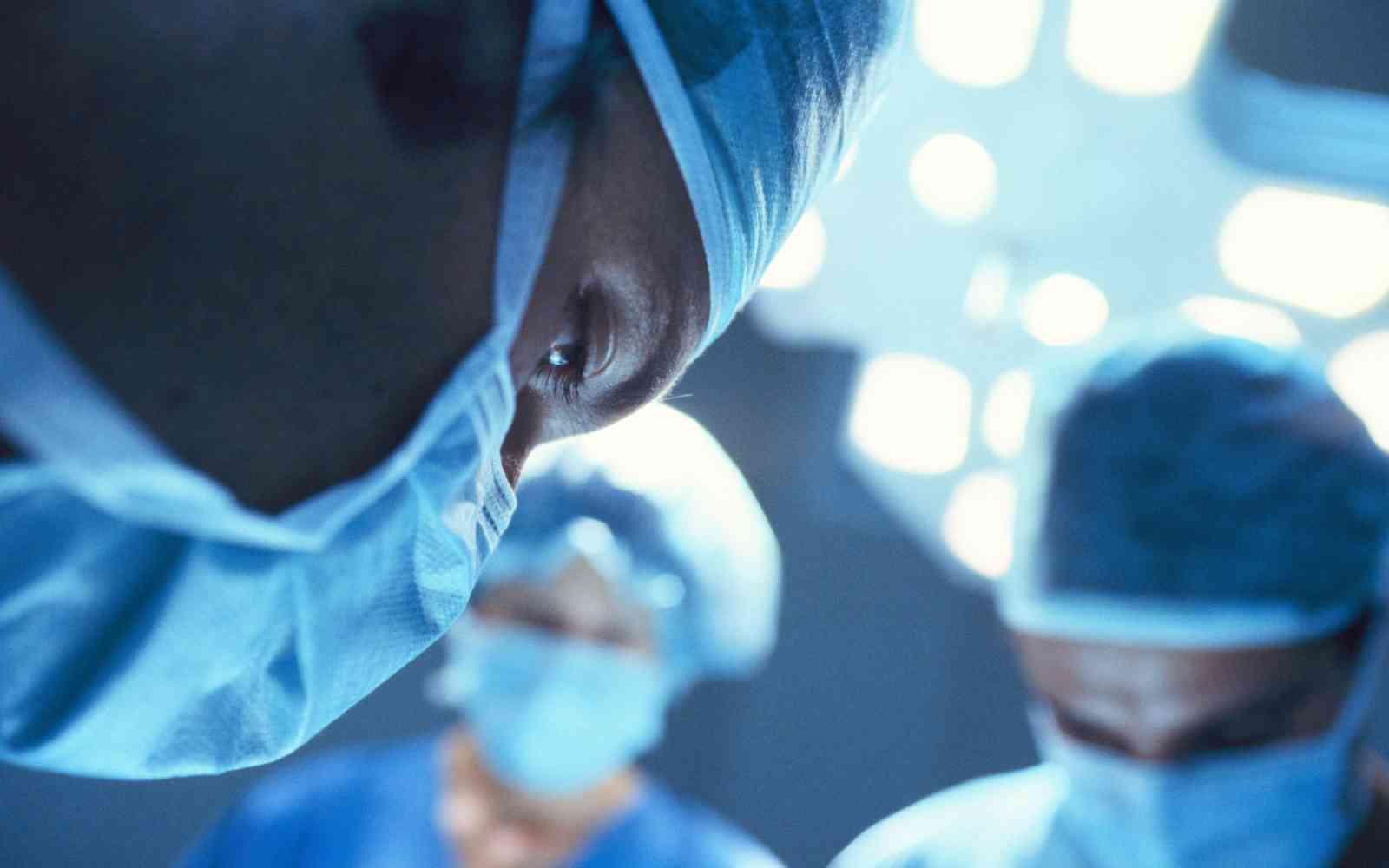The United Nations Office for Project Services (UNOPS)
Improving health services for vulnerable people in Lebanon
With funding from the government of Japan, UNOPS worked with Lebanon’s Ministry of Public Health to strengthen health services and provide a reliable energy supply to several public hospitals.
Lebanon has faced multiple socio-economic crises in recent years. A protracted financial crisis, compounded by COVID-19, the explosion at the Port of Beirut in August 2020 and the recent energy crisis have led to a sharp increase in extreme poverty and food insecurity and put millions of people out of work. The crises have significantly impacted the provision of basic services for vulnerable communities and people, with hospitals across the country experiencing shortages in medical equipment, supplies and power.
To help combat the shortage of electricity, UNOPS worked with the government of Japan and Lebanon’s Ministry of Public Health to provide a reliable energy supply to hospitals and improve energy efficiency.
Using solar panels in the governmental hospitals will not only reduce the cost of energy but it will enhance the hospitals’ sustainable development, reduce their expenses and use the resources to improve the quality of services, support the hospitals’ personnel and retain them.
“We are grateful for this support from Japan and for UNOPS efforts in making this project a reality,” said Dr. Firas Abiad.
Three solar photovoltaic hybrid systems were installed in public hospitals in the North, Bekaa and Nabatieh governorates. Each of the solar systems has the capacity to generate more than 260 kilowatts of renewable energy – covering up to 30 per cent of the energy needs of the targeted hospitals. More than 13,000 light bulbs, fixtures and other accessories were also provided to the hospitals to improve energy efficiency.
As part of the project, a CT scanner and more than 540 medical items and equipment were also procured for the hospitals. To build local capacity and ensure the sustainability of the systems and equipment, training was also provided – including to hospital personnel – to operate and maintain the solar energy systems and medical equipment delivered.
Together, the solar energy systems and other delivered equipment will help to strengthen the provision of essential health services for some of Lebanon's most vulnerable communities, benefitting over half a million people each year.
“Governmental hospitals in Lebanon are the backbone and pillar of the country’s healthcare sector [...] Japan hopes that this assistance will help secure sustainable access to health services for the most vulnerable communities during these difficult times,” said H.E. Mr. Masayuki Magoshi, Ambassador of Japan to Lebanon.
The $1.3 million project – funded by the government of Japan and implemented by UNOPS in partnership with Lebanon's Ministry of Public Health – was formally completed at a ceremony held at the Minieh Governmental Hospital.
Speaking at the ceremony, Representative and Director of UNOPS Multi-Country Office in Amman, Muhammad Usman Akram, said that reliable energy and quality healthcare services are critical for the people of Lebanon amidst the multiple challenges the country is experiencing.
“I appreciate the continued partnership with the government of Japan in support of vulnerable populations and in collaboration with the Ministry of Public Health to enhance access to public health services in Lebanon,” he said.















